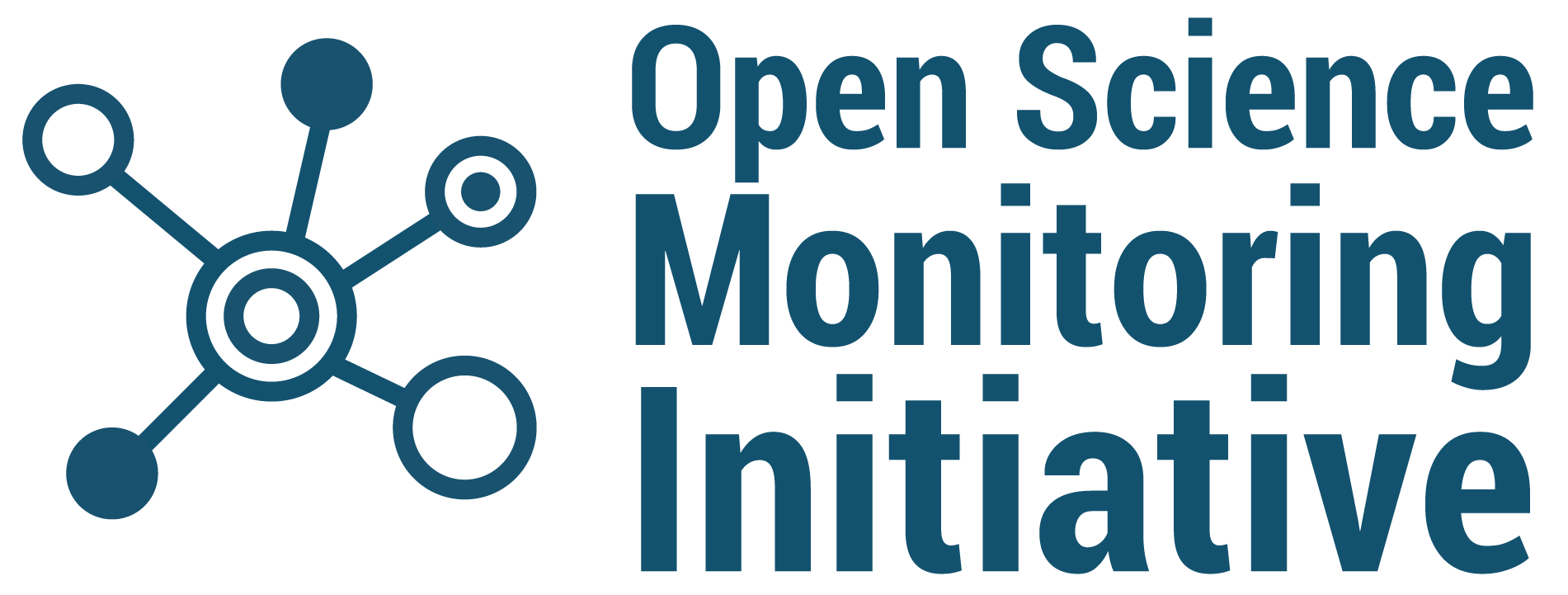OSMI Members discussed the next steps for the Principles of Open Science Monitoring, OSMI governance, and updates on the progress of the first working groups at a Plenary meeting on 29 September. We are proud of the working groups’ hard work and vision!
Next steps for the Principles
Submission to UNESCO Member States
The Principles will be formally submitted to the UNESCO Member States in April 2026. This marks a key step toward establishing shared global standards for open science monitoring.
Translation and global implementation
In the meantime, the Principles are being translated into multiple languages and implemented across the world. During the Plenary meeting, Marita Kari, Senior Specialist at the Federation of Finnish Learned Societies, presented the progress made in Finland, where national implementation is already underway.
A new task force
OSMI Members have agreed to form a dedicated task force to develop a self-assessment grid for stakeholders wanting to check their compliance with the Principles.
OSMI Governance
Starting in 2026, OSMI will be governed by a Steering Board that sets the main guidelines and strategy for OSMI, oversees the work of the Coordination Committee, and decides on the creation or closure of working groups.
Five external experts will join 7 representatives from the institutions that initiated OSMI, the Chair of the Coordination Committee and the working group Co-Chairs.
Steering Board members should reflect the regional and stakeholder diversity of Open Science monitoring worldwide. They will also represent institutions committed to supporting OSMI and investing financial and/or human resources in the Coordination Committee.
Nominations to the Steering Board are open until 1 November 2025. Nominate yourself or someone else by contacting osmi-coordination@groupes.renater.fr.
Update on the Working Groups
By the end of 2025, all four working groups will have produced their first outputs to advance open science monitoring worldwide. Their goals and planned outputs are:
WG1: Scoping the needs of OS Monitoring
Goals:
✅Define What Should Be Monitored
✅Identify Gaps and Challenges Globally
✅Provide Foundational Input for Future Monitoring Frameworks
✅Ensure Inclusive and Ethical Monitoring
Outputs by 2025:
- Scoping report
WG2: Understanding the OS Monitoring landscape
Goals:
✅Map and analyse the global landscape of open science monitoring initiatives
Outputs by 2025:
- Public database of initiatives and Landscape analysis
WG3: OS Monitoring with scholarly content providers
Goals:
✅Increase the involvement of a variety of scholarly content providers in open science monitoring initiatives
✅Increase the availability of results and methods of open science monitoring with scholarly content providers
✅Stimulate new initiatives, research, and collaborations that advance and improve the monitoring of open science with scholarly content
Outputs by 2025:
- Survey on current and aspirational practices across scholarly content providers
WG4: Shared resources and infrastructure to analyse scholarly outputs
Goals:
✅Advance the use, alignment, and sustainability of open-source tools and shared compute infrastructure that support large-scale extraction of structured information from scholarly full text ✅Respect legal limits on text reuse and reduce technical redundancy across the open science ecosystem
Forthcoming ouptuts:
- Infrastructure maturity model
- Use case tool matrix
- Strategic brief for funders
- Member-led topic clusters that will showcase their collaborative work in the months ahead
Watch the recording of the Plenary meeting here: https://open-science-monitoring.org/events/
